About the Authors
Chapter 1: The Discipline of Agricultural Education
Wendy Warner

Wendy Warner, PhD, is an Associate Professor of Agricultural Education in the Agricultural and Human Sciences Department at NC State University. Warner’s journey from being a high school agricultural education student in rural Ohio to teaching middle school and high school agriculture in urban Orlando, Florida, shaped Warner’s interests in urban agricultural education and in engaging diverse audiences through classroom and laboratory instruction, leadership development, and experiential learning. Warner earned a BS from the Ohio State University and PhD from the University of Florida, both in agricultural education.
Aaron J. McKim
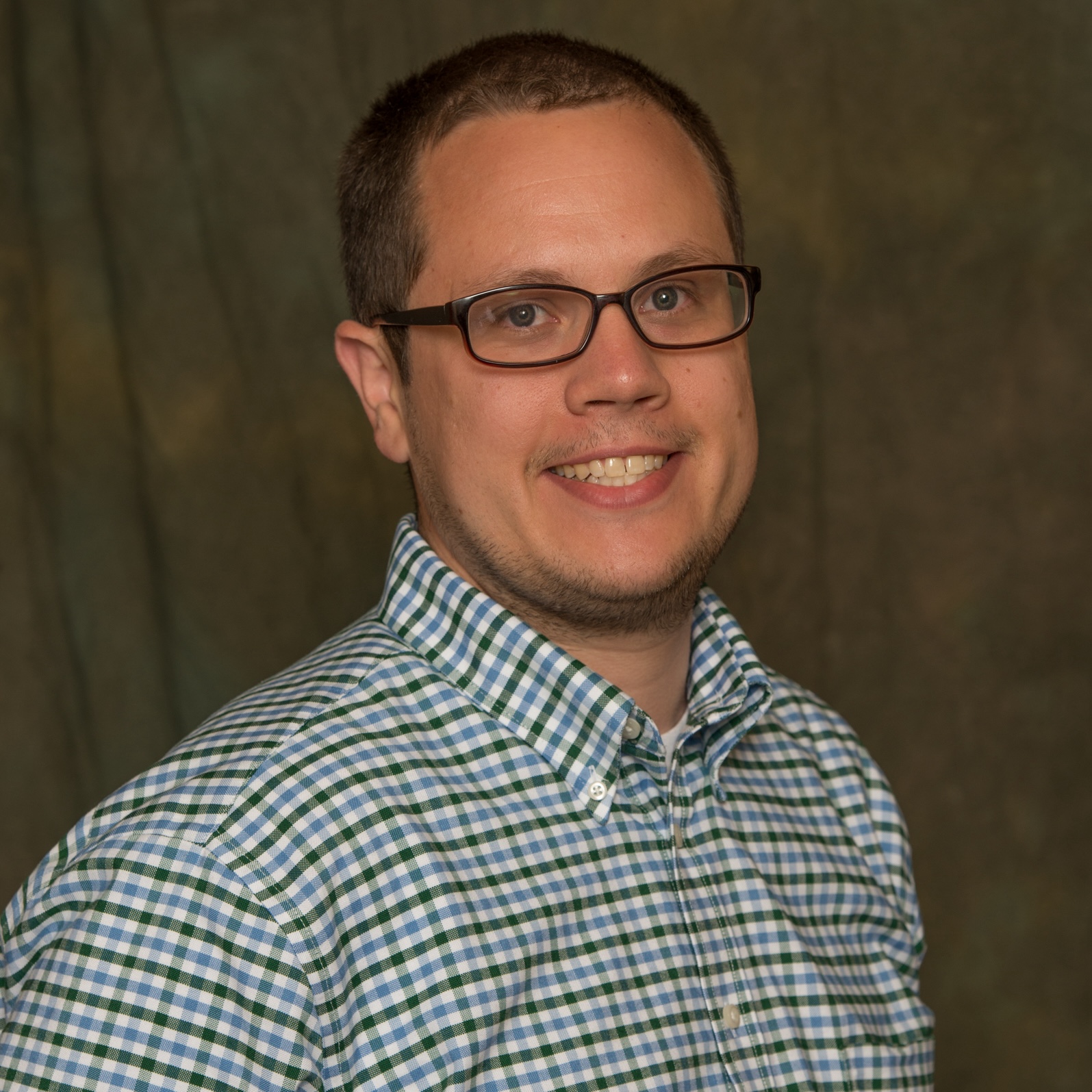
Aaron J. McKim, PhD, is an Associate Professor of Agriculture, Food, and Natural Resources (AFNR) Education at Michigan State University. McKim’s research focuses on enhancing interdisciplinary learning throughout educational experiences. McKim’s passion for combining disciplines within learning experiences began as a middle school and high school educator in Indiana. Today, McKim works with preservice and in-service educators in Michigan and beyond to illuminate learning across disciplines via the context of agriculture, food, and natural resource systems. McKim earned a BS in agricultural education from Purdue University, and an MS in agricultural education and a PhD in science education from Oregon State University.
Chapter 2: Psychology of Learning
Hui-Hui Wang

Hui-Hui Wang, PhD, is an Associate Professor in the Department of Agricultural Sciences Education and Communication at Purdue University. Wang also has a joint appointment with the Department of Curriculum and Instruction. Wang’s research interests are integrated science, technology, engineering, and mathematics (STEM) instruction and inquiry-based and project-based teaching through agriculture, food, and natural resources (AFNR) in both formal and nonformal settings. Wang’s research focuses on investigating and building sustainable and interdisciplinary STEM through an AFNR teaching and learning model for K-12 educators and students. Wang also works with the United States Agency for International Development Feed the Future Innovation Lab for Food Safety projects to assist project leadership teams to address gender and women’s equality. Wang earned a BS in biology and wildlife conservation from the National Pingtung University of Science and Technology, MA in environmental education from Southern Oregon University, and PhD in curriculum and instruction in science education from the University of Minnesota.
Summer Odom
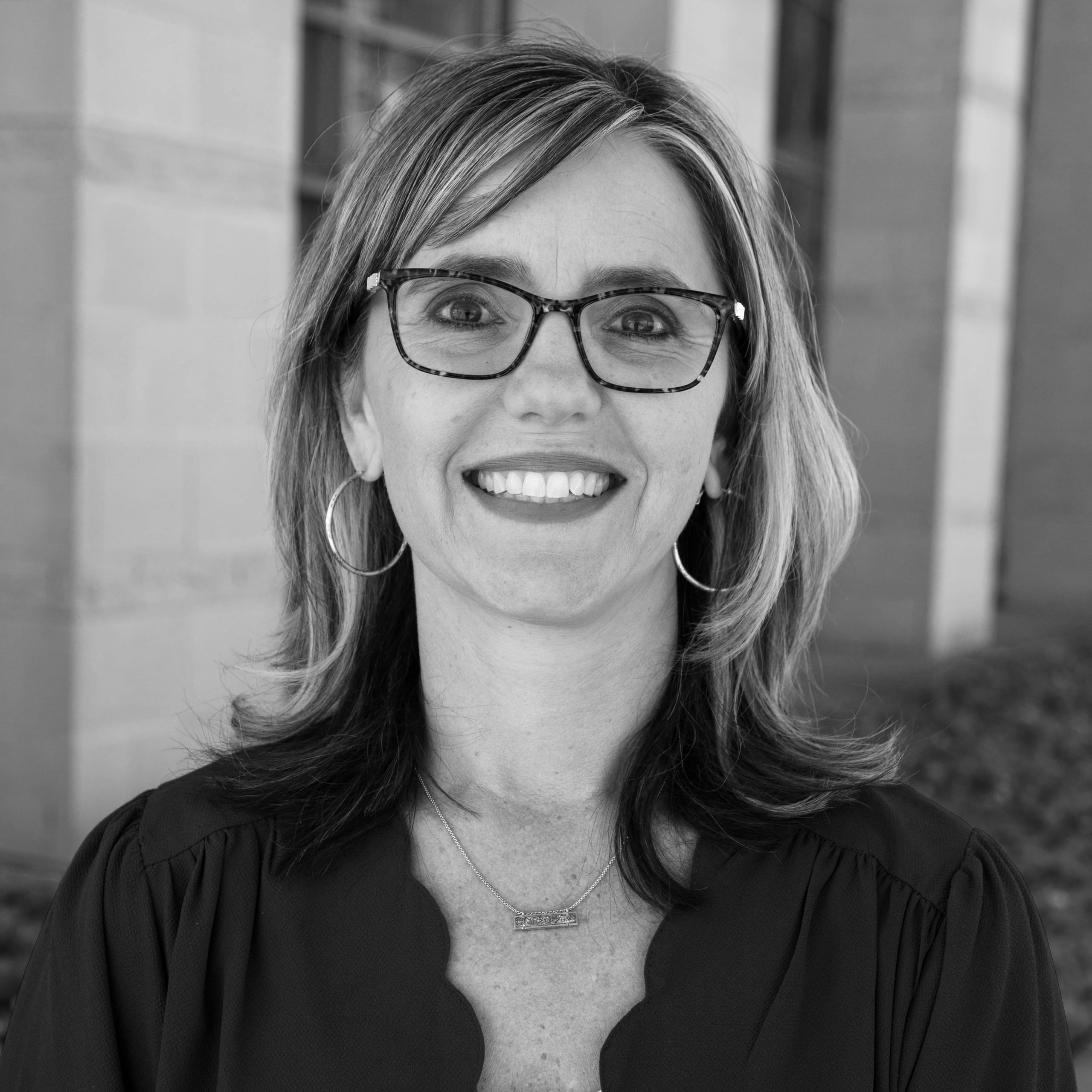
Summer Odom, PhD, is an Associate Professor in the Department of Agricultural Leadership, Education, and Communications at Texas A&M University. Odom teaches undergraduate and graduate courses related to leadership including personal leadership education, leadership program facilitation, public leadership development, and learning organizations. Odom primarily conducts research related to college students and effective pedagogies for teaching leadership including design of high-impact practices that are conducive for learning leadership. Odom has been involved in design-based research using design thinking as an innovative practice for teaching student skills in the areas of problem solving and teamwork. Odom earned a BS in food science and technology, MS in agricultural education, and PhD in educational human resource development from Texas A&M University.
Chapter 3: Principles of Teaching and Learning
Kasee L. Smith
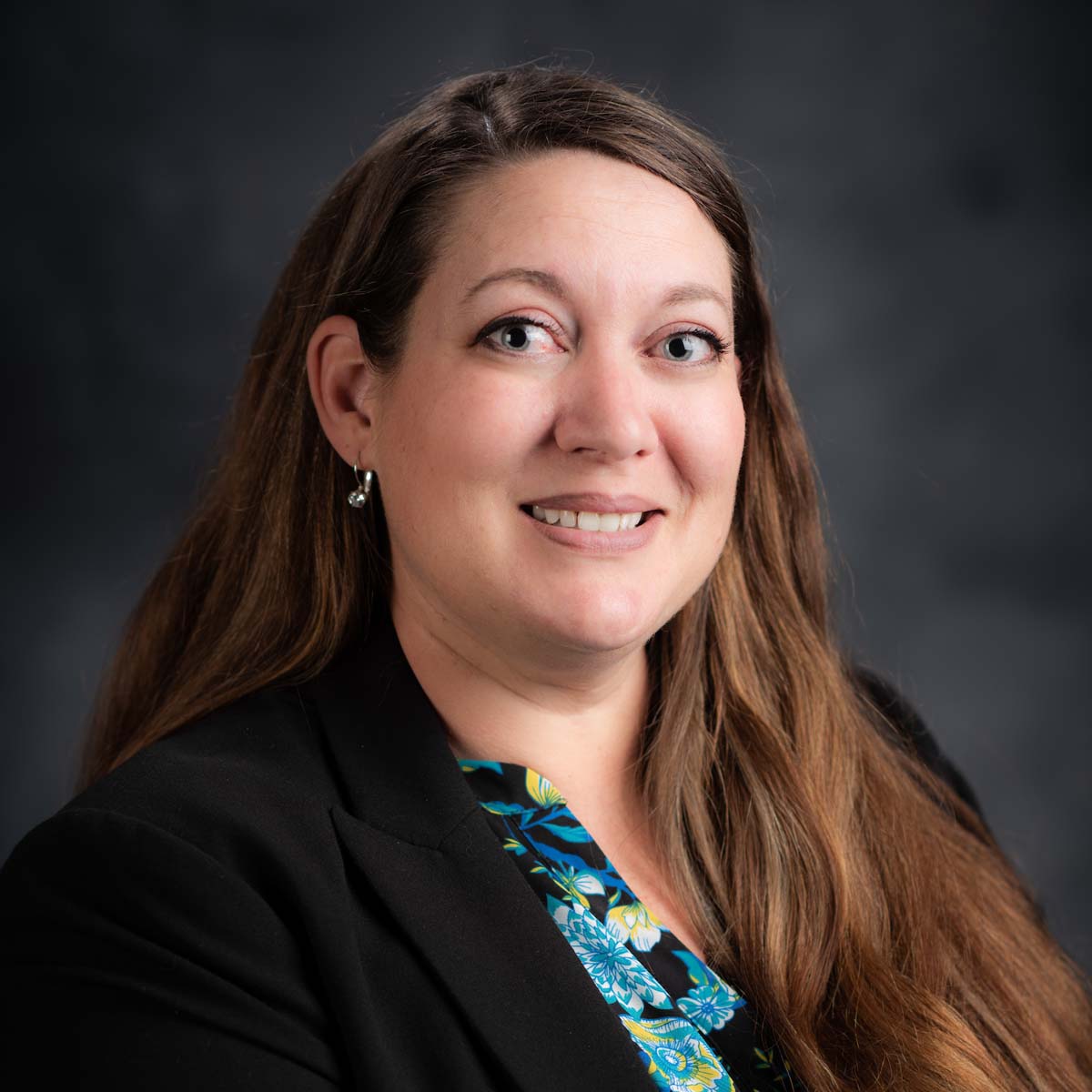
Kasee L. Smith, PhD, is an Associate Professor at the University of Idaho in the Department of Agricultural Education, Leadership, and Communications. Smith instructs courses related to teaching and learning, social science research, and verbal communications. Prior to working at the postsecondary level, Smith taught high school agriculture and advised an FFA chapter in Spanish Fork, Utah, for eleven years. Smith earned BS and MS degrees in agricultural education from Utah State University, and a PhD from Texas A&M University.
Chapter 4: Learning as Problem Solving
Carla Jagger
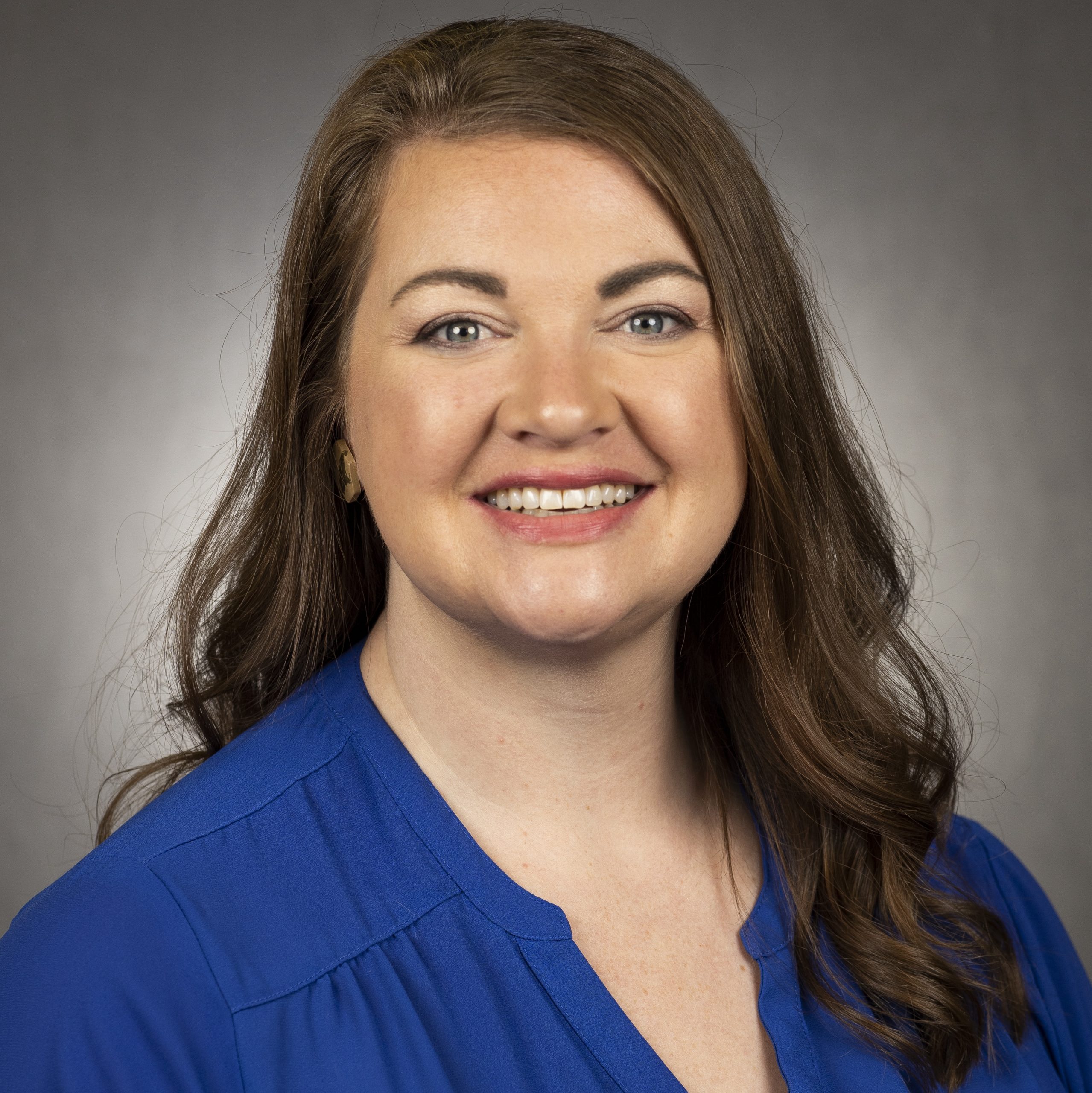
Carla Jagger, PhD, is an Assistant Professor of agricultural education in the University of Florida/IFAS Department of Agricultural Education and Communication where Jagger specializes in agricultural education and teacher preparation. Jagger teaches coursework related to teaching methodologies in formal and nonformal environments, specifically in laboratory settings emphasizing problem-based instruction. Many of Jagger’s research interests focus on building learning environments for all learners, especially underrepresented student populations. Jagger earned BS, MS, and PhD degrees in agricultural education from the Ohio State University.
Chapter 5: Inclusive Teaching
Stacy K. Vincent
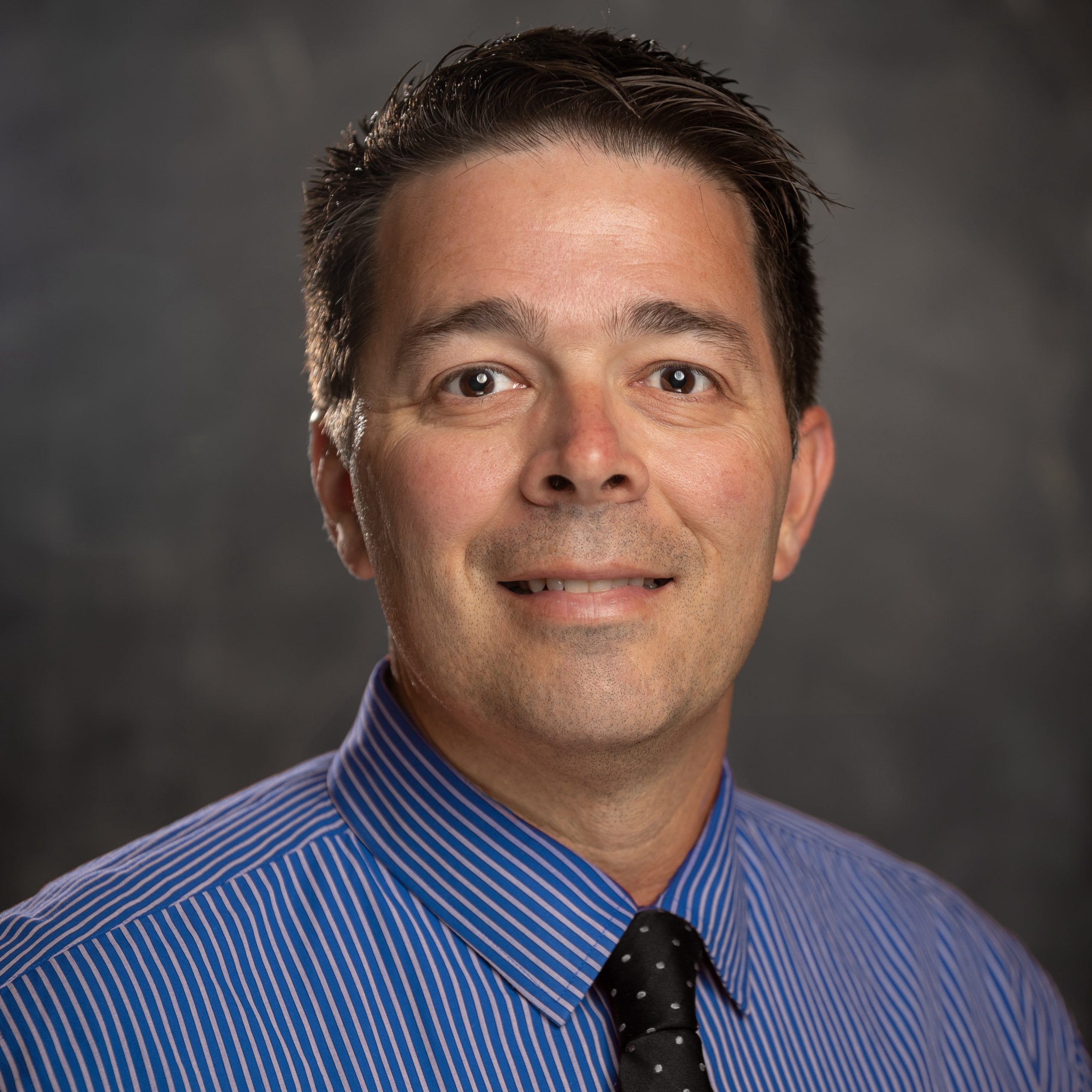
Stacy Vincent, PhD, is the Director of Undergraduate Studies for Agricultural Education at the University of Kentucky. During Vincent’s thirteen-year career as a college professor, his research has consistently focused on finding a voice, providing a voice, and giving a voice to underrepresented and marginalized youth in agricultural education. Vincent was previously a high school teacher for seven years and has over fifteen years of teaching experience at the postsecondary level. Vincent’s research and expertise seek to assist teachers and students in gaining the competence levels of knowledge, awareness, behavior, and skill toward educating multiculturally different learners. Vincent earned BS and MS degrees in agricultural sciences from Murray State University, an MA in educational leadership from University of Louisville, and a PhD in agricultural education from the University of Mississippi–Columbia.
Donna Westfall-Rudd
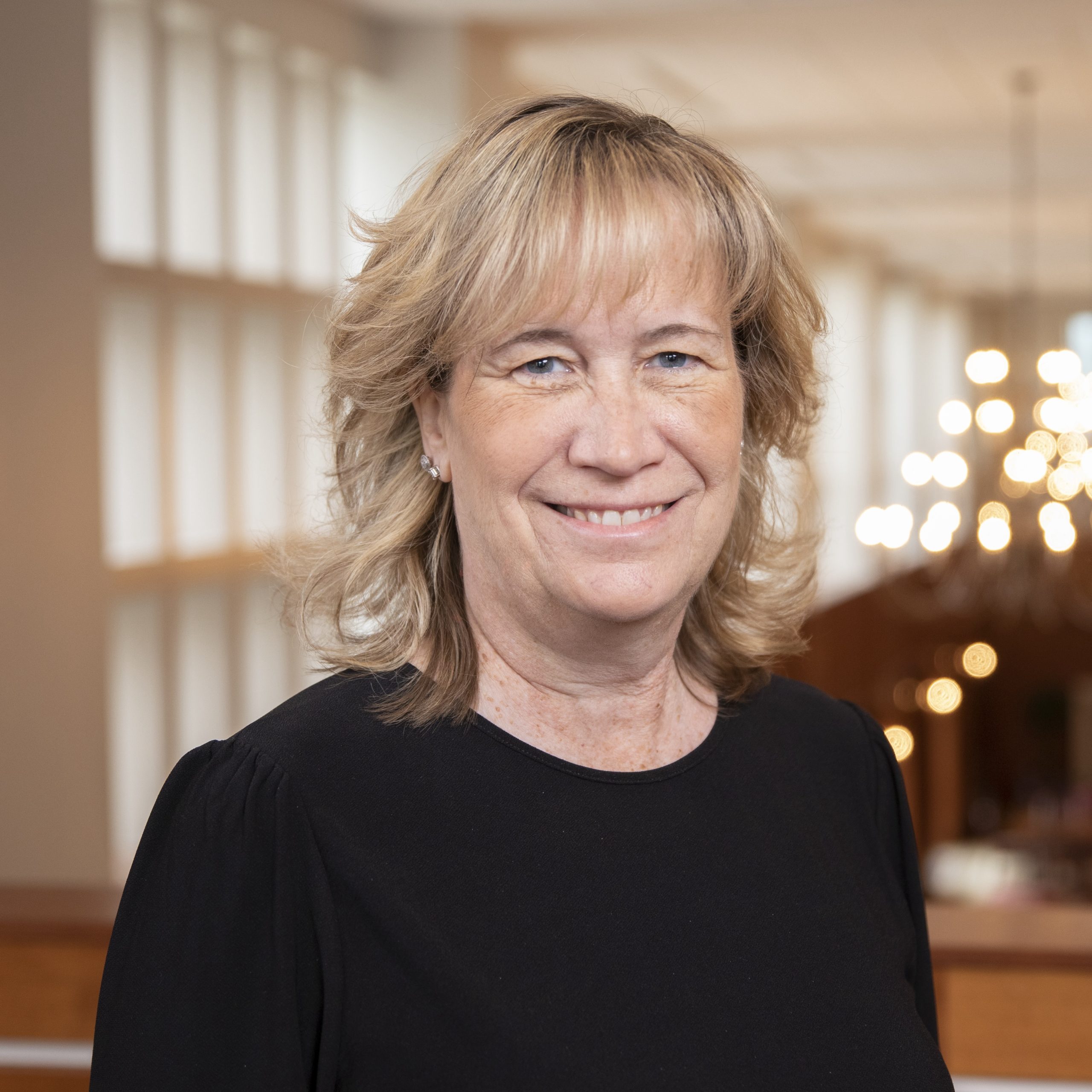
Donna Westfall-Rudd, PhD, is the Director and Senior Scholar for the College of Agriculture and Life Science Graduate Teaching Scholars program and the Undergraduate Director for the Department of Agricultural, Leadership, and Community Education at Virginia Tech. Westfall-Rudd works with undergraduate students planning careers as secondary agricultural education teachers and doctoral students planning to pursue faculty positions with teaching appointments. Embedded in all Westfall-Rudd’s work in teaching and learning is an emphasis on developing teachers as advocates for all underrepresented people in agriculture. Westfall-Rudd’s educational program planning work also includes collaborations with women agricultural community educators and university faculty in Senegal. Westfall-Rudd earned BS and MS degrees in agricultural education and a PhD in education all from Cornell University.
Chapter 6: Dynamics of Teaching
Tobin Redwine
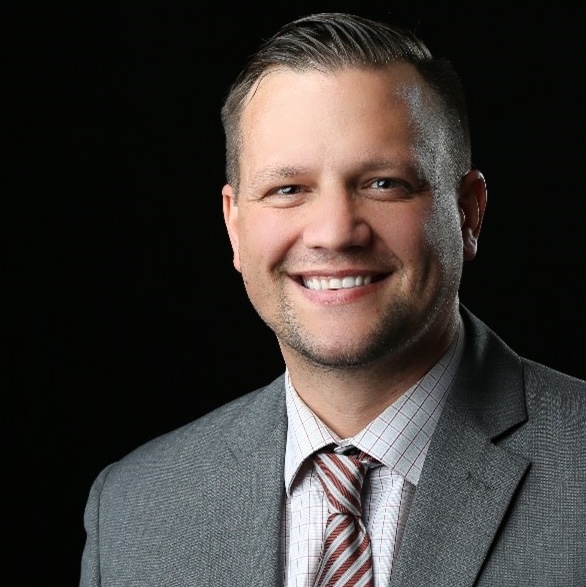
Tobin Redwine, PhD, is the lead learning analyst at Vivayic, Inc., and an instructional assistant professor at Texas A&M University. Redwine is an internationally awarded instructor and researcher with emphasis on agricultural communications and youth development in international settings. Redwine brings “a love of music, dad jokes, and cross-cultural application” to learning sessions. Redwine has trained youth secondary agriculture teachers in Uganda, Ghana, South Africa, and all over the United States. Redwine earned an M.S. in agricultural communications from Texas Tech University and PhD in agricultural leadership, education, and communications from Texas A&M University.
Chapter 7: Planning for Effective Instruction
Amber H. Rice
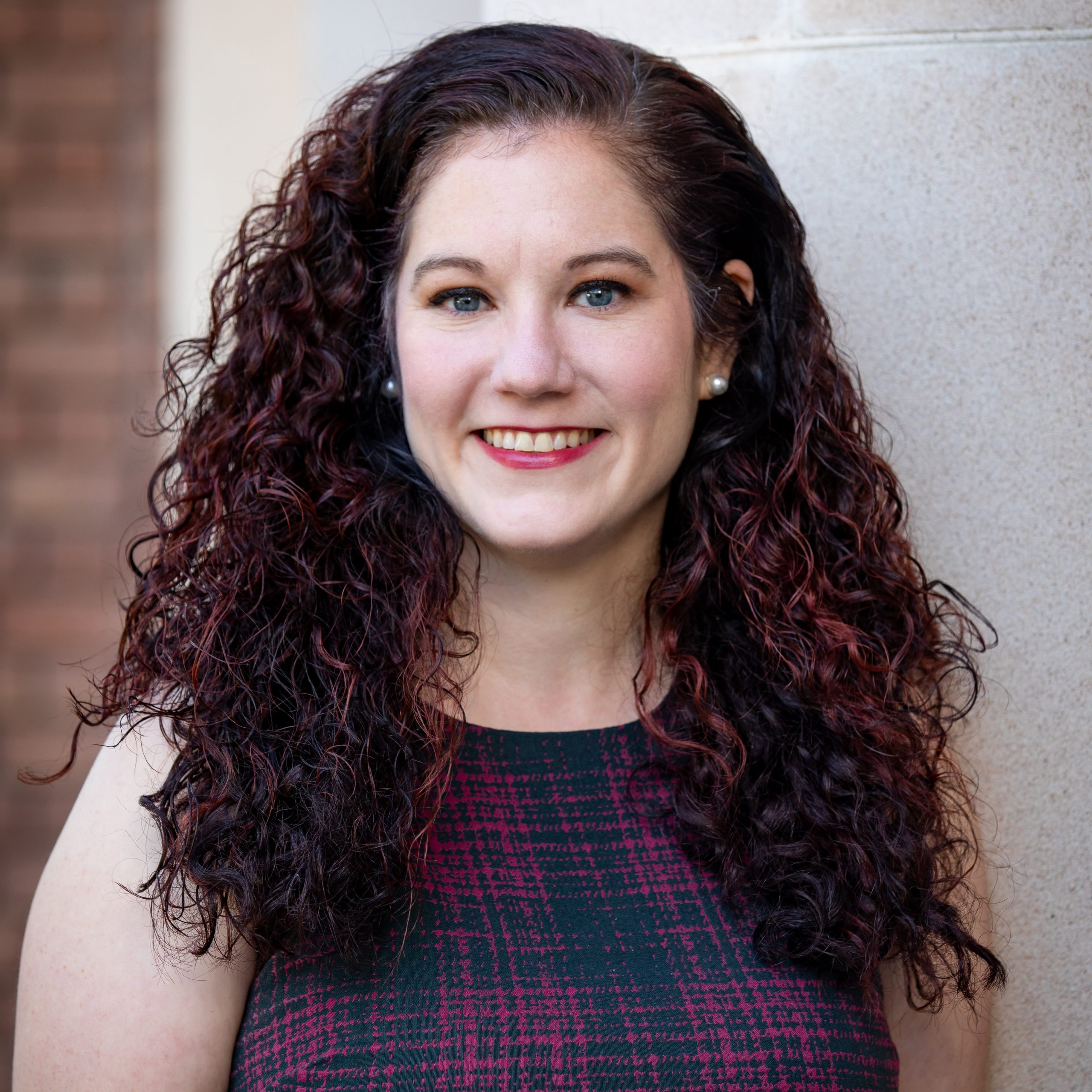
Amber H. Rice, PhD, is an associate professor in teacher education at the University of Arizona in the Department of Agricultural Education, Technology and Innovation. Rice is “passionate about teaching and learning and believes that curriculum development is the cornerstone to quality, effective teaching practice.” Rice has vast experience in creating curriculum for learners in various formal and nonformal contexts and across experience levels and believes that knowledge of the learners is the single most important consideration for creating meaningful curriculum. Rice earned a BA in agricultural education and MS in career and technical education from the University of Kentucky and a PhD in agricultural education and leadership from the University of Missouri.
Matt Mars
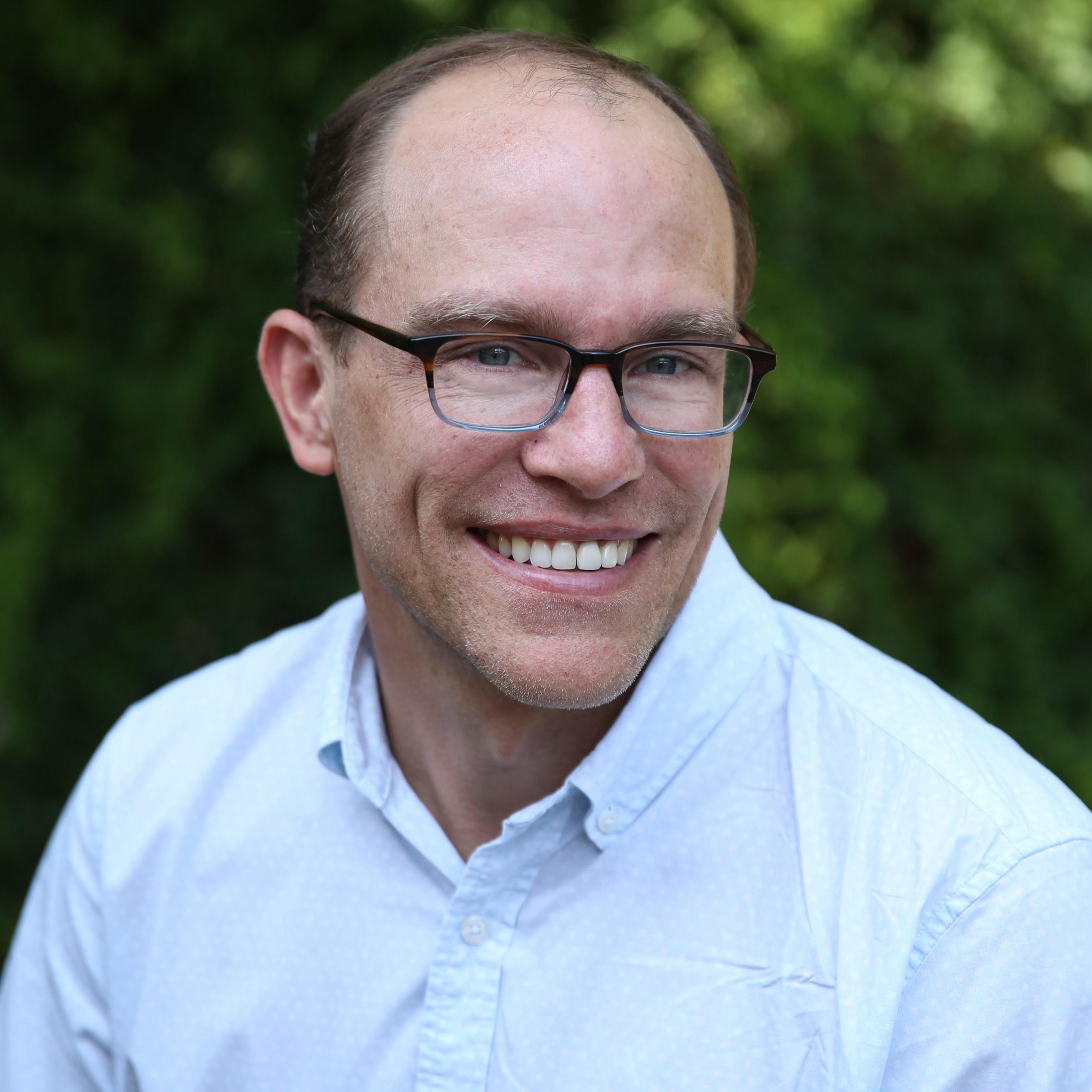
Matthew M. Mars, PhD, is an associate professor in leadership and innovation at the University of Arizona in the Department of Agricultural Education, Technology and Innovation. Mars is passionate about helping students develop the skills and knowledge necessary for advancing new ideas through innovative strategies and practices. Innovation is inherently abstract and requires students to confront a range of complex principles, concepts, and models. Curriculum development and planning is critical to setting a strong foundation from which students can learn, grow, and evolve into effective change agents. Mars earned a BA in sociology/anthropology from Utica College of Syracuse University, MEd in counseling/human relations from Northern Arizona University, and a PhD in higher education from the University of Arizona.
Chapter 8: Delivery Content with Technology
OP McCubbins
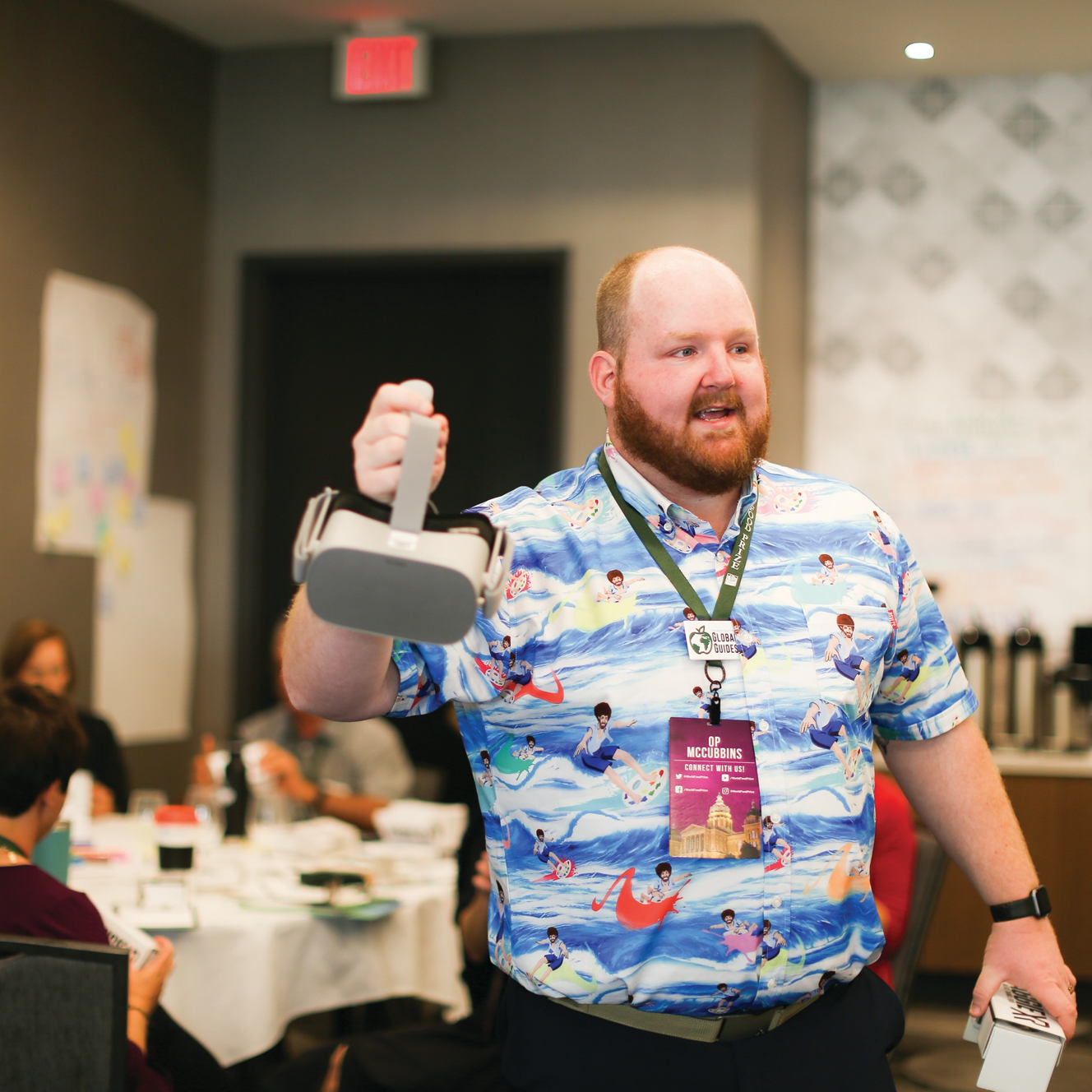
OP McCubbins, PhD, is an Associate Professor of Agricultural Education at Mississippi State University. McCubbins’s classes focus on teacher preparation and directing learning experiences. McCubbins has taught agriculture at the secondary and postsecondary levels and loves and uses technology frequently to transform the learning environment for students. McCubbins’s research focuses on the use and impact of immersive technology for teaching and learning in and about agriculture. McCubbins earned a PhD in agricultural education from Iowa State University.
Annie Specht

Annie Specht, PhD, teaches agricultural communication at the Ohio State University. Specht’s classes focus on visual and verbal communication, and Specht loves introducing learners to their future profession through technology-assisted experiences such as virtual tours and guest speakers. Specht can usually be found watching movies and TV shows (for science!) when not training future communicators. Specht earned BS and MS degrees in agricultural communication from the Ohio State University, and a PhD in agricultural communications and journalism from Texas A&M University.
Chapter 9: Assessing Agricultural Education
Tiffany Drape
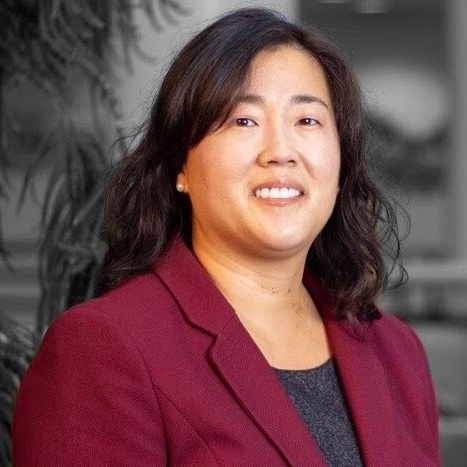
Tiffany Drape, PhD, is an agriscience educator, lifelong learner, and an associate professor at Virginia Tech. Drape’s research interests include equity and access in agriculture and the life sciences. As an immigrant, a farmer’s daughter, and an educator, these attributes inform much of the work Drape does as an educator and in assessing agriscience and CTE programming. Drape earned a BS in communications and an MS in agricultural education from Cornell University, and a PhD in agriculture and life sciences from Virginia Tech.
Chapter 10: Applied Leadership Development through FFA
Laura L. Greenhaw
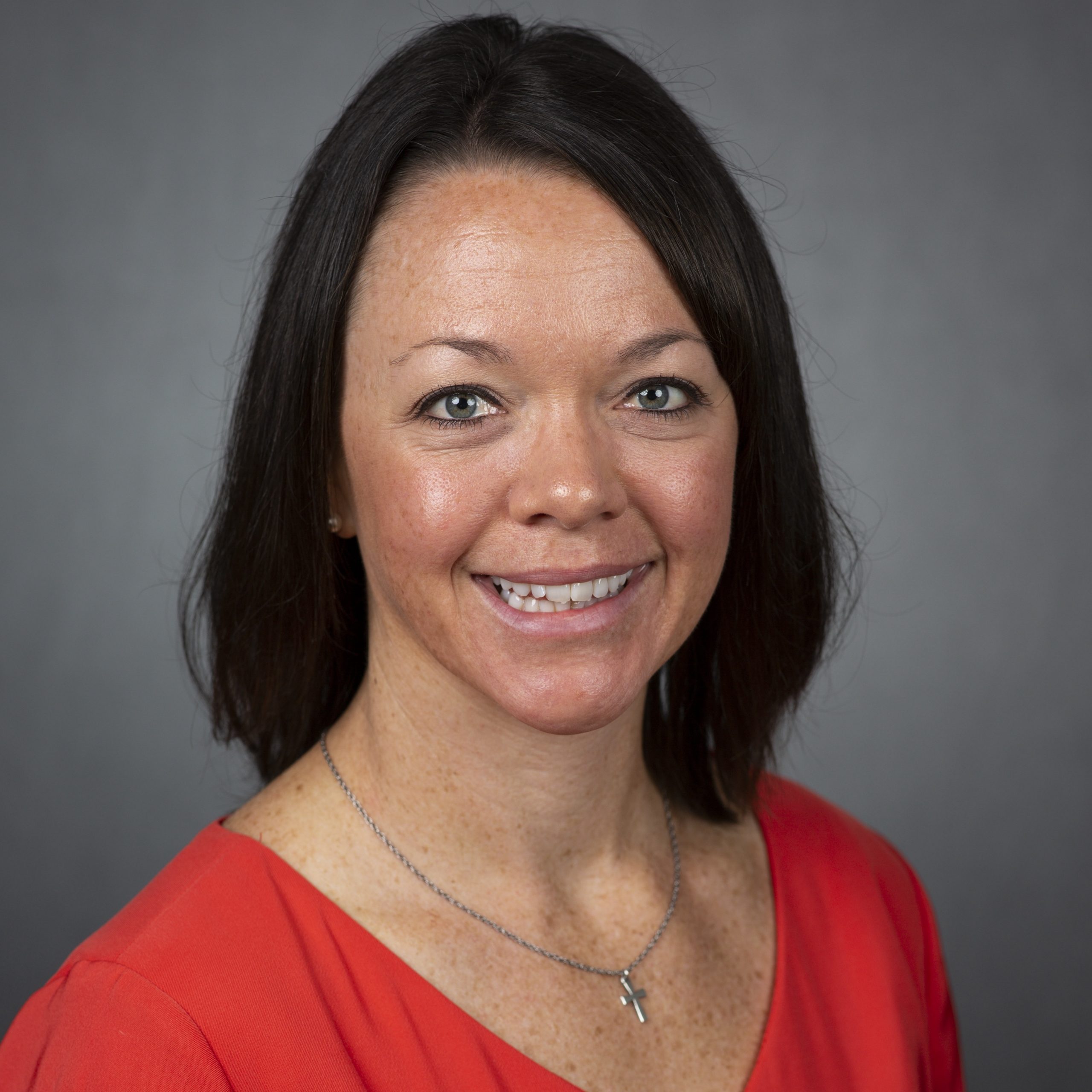
Laura Greenhaw, PhD, is a former high school agriculture student, FFA member, and secondary ag teacher. Currently, as Assistant Professor of Agricultural Leadership at the University of Florida, Greenhaw is passionate about developing individual leaders and the leadership capacity of the agriculture and natural resources industry holistically. Greenhaw’s favorite part of being an educator is helping students become critical thinkers and lifelong learners. Greenhaw earned a BS in agriculture, an MS in agricultural education, and PhD in agricultural communications and education from Texas Tech University.
Paula Faulkner
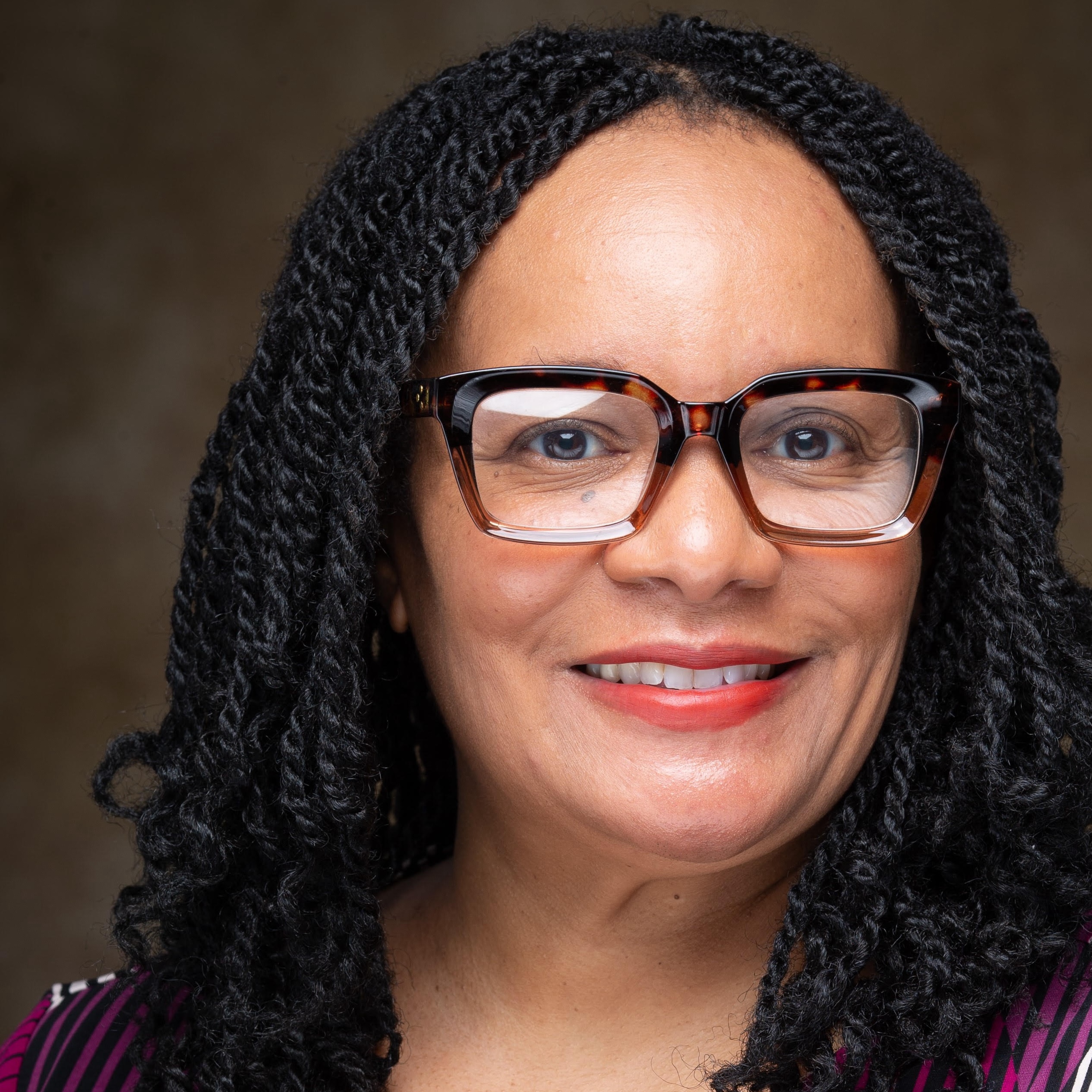
Paula Faulkner, PhD, is a former middle school educator. Currently a Professor of Agricultural Education in the Department of Agribusiness, Applied Economics and Agriscience Education at North Carolina Agricultural & Technical State University, Faulkner instructs undergraduate and graduate students in agricultural education. Faulkner possesses a great passion for preparing students, especially those identified as underrepresented, for postsecondary education and careers in the Food, Agriculture, Natural Resources, and Human (FANH) sciences and STEM areas. Faulkner earned a BS in agricultural technology and an MS agricultural education from North Carolina Agricultural & Technical State University. Faulkner earned a PhD in agricultural and extension education from Pennsylvania State University.
Chapter 11: Supervised Agricultural Experiences
Eric Rubenstein
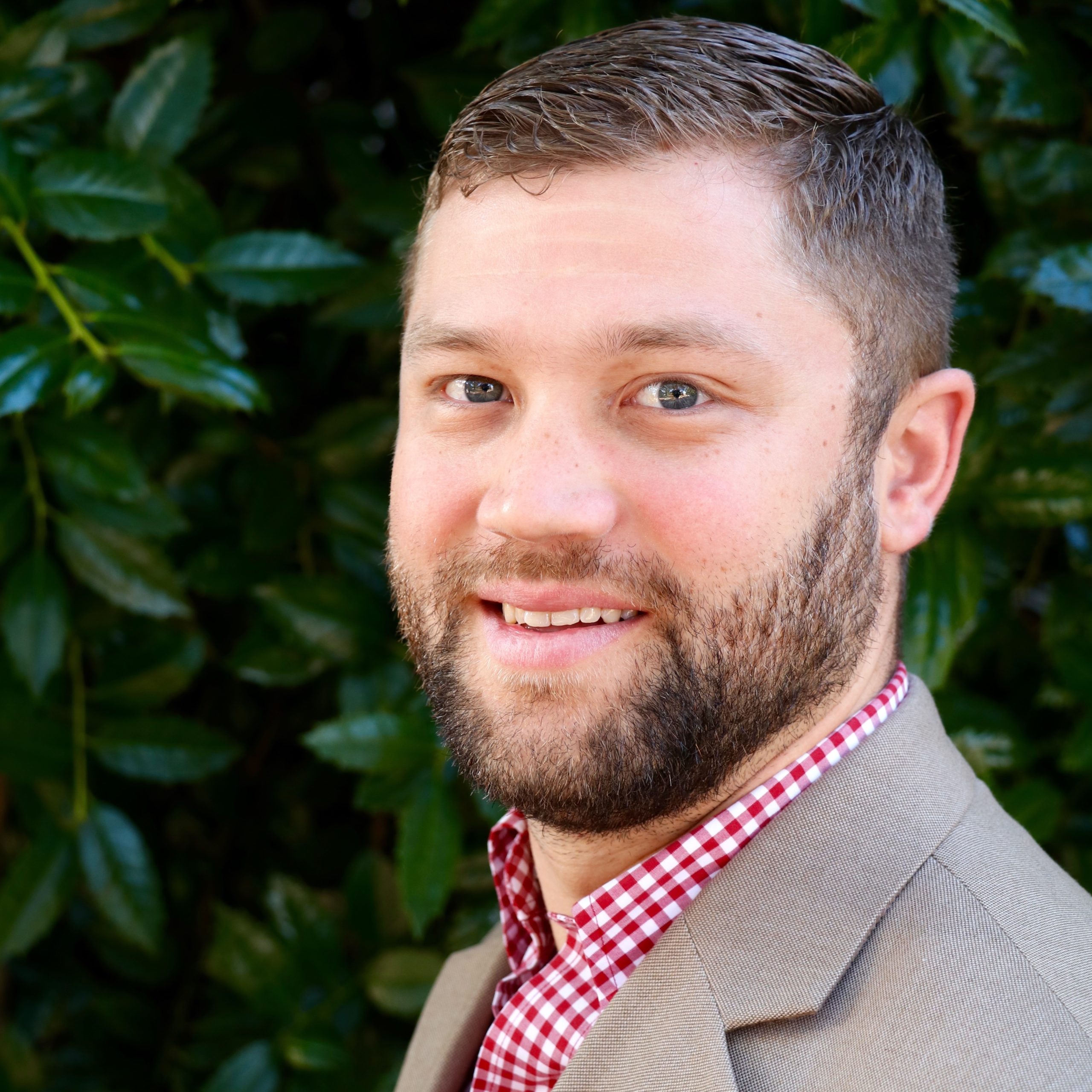
Eric Rubenstein, PhD, is an Associate Professor of Agricultural Education in the Agricultural Leadership, Education, and Communication Department at the University of Georgia. Rubenstein’s research focuses on the development and implementation of Supervised Agricultural Experiences programs and utilization of experiential learning in agricultural education. Rubenstein started his career in agricultural education as an agricultural education student and FFA member and subsequently taught middle and high school agriculture in Pennsylvania. Today, Rubenstein works with preservice and in-service teachers to engage all students in the agriculture education programs in Georgia middle and high schools. Rubenstein earned a BS in agricultural education and extension education from Pennsylvania State University, and an MS and PhD in agricultural education and communication from the University of Florida.
Chapter 12: Effective Use of the Agriculture Laboratory Environment to Support Student Learning
Hannah H. Scherer
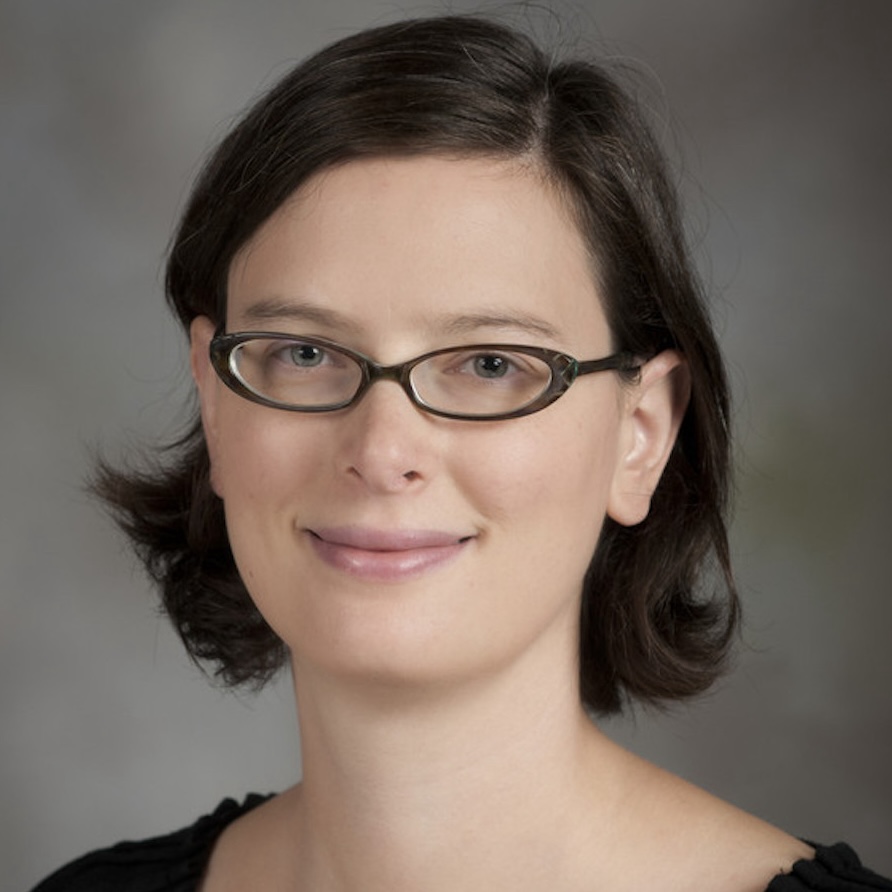
Hannah H. Scherer, PhD, is an associate professor and extension specialist in the Department of Agricultural, Leadership, and Community Education at Virginia Tech. In this role, Scherer supports teaching and learning of agriculture in formal and nonformal settings through research and application of contemporary models for STEM education. Scherer has always had a passion for science and making sure that everyone has the opportunity to learn science in a way that aligns with their interests and passions and has done this as a science museum educator, high school science teacher, and university professor supporting agricultural education. Sherer earned a BA in geology from Macalester College, and a PhD in geological and environmental sciences from Stanford University.
All profile images are released under a CC BY NC 4.0 license.
Annie Specht
Photo courtesy of the Department of Agricultural Communication, Education, and Leadership at Ohio State University
Matt Mars
University of Arizona College of Agriculture and Life Sciences
M. Susie Whittington
Provided by M. Susie Whittington, The Ohio State University
Donna Westfall-Rudd
Virginia Tech College of Agriculture and Life Sciences Communications
Kasee L. Smith
Printed by authorized permission of the author

